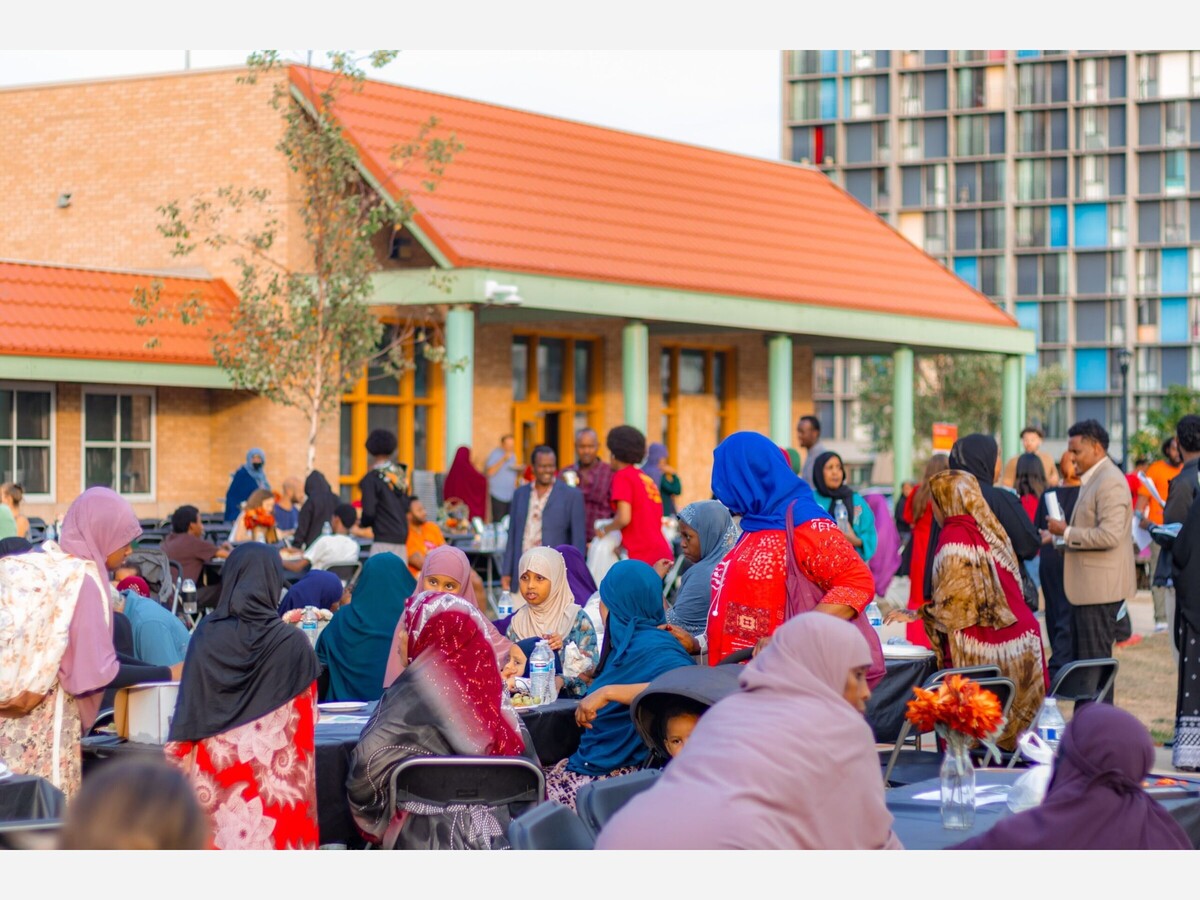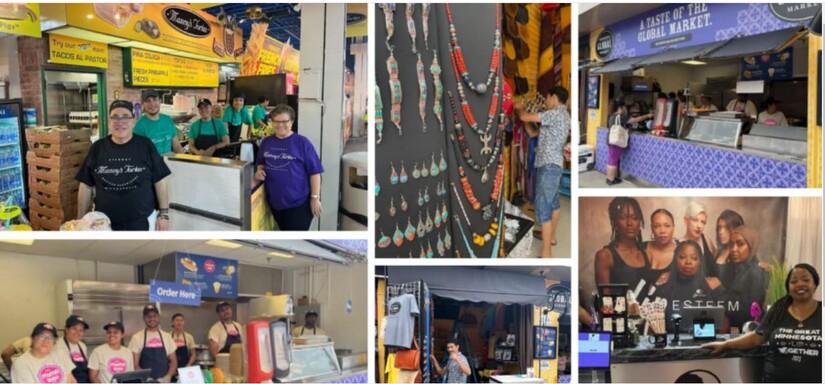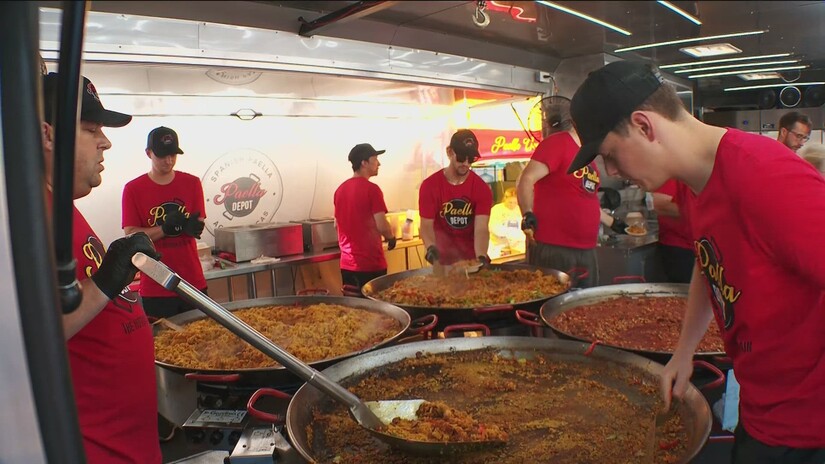Image


Minneapolis is pushing forward with efforts to better support the city's food vendors, a move initiated by the office of Mayor Jacob Frey and Council Member Aurin Chowdhury of Ward 12. Announced back in May, a new Sidewalk Cart and Street Vending Program is now taking shape. Today, at the Business, Housing, and Zoning Committee meeting, a Legislative Directive on Food Vendor Location Options and Regulations was advanced. According to a Facebook post from the City of Minneapolis, the directive, if passed in next week's full council vote, will help to establish an ordinance poised for completion by Spring 2025.

The proposed legislation aims to create a framework of food vendor safety regulations, along with licensing procedures tailored to the local context. A special emphasis, the directive outlines, will be placed on outreach to potential vendors. A map highlighting existing permitted vending locations was also shared, showcasing the city's current vendor landscape. Adding to this, the directive seeks to expand vendor locations and forge an equitable fee system - potentially involving subsidies and waived fees for the first year - all in a bid to lower barriers to entry into the vending market.

One persistent issue that has led to the drafting of this new legislation is the heavy financial burden of licensing for would-be entrepreneurs. Food vendors often find themselves on the receiving end of police interventions, with fines and citations tallying up to $250. Addressing a meeting with around 15 vendors over the weekend, the concerns tackled were clear: licenses are pricey and enforcement has been strict. The city's social media update highlighted that "many of these vendors live in Ward 9 and that they are doing this so they could provide food for their family and pay their rent."

Looking ahead, stakeholders in Minneapolis are hopeful that the street vending community will thrive under the new ordinance. The aim is to balance the need for public health and safety with the economic opportunities that street vending can provide to local communities, especially for those who find sustenance in these ventures. With the legislative machinery in motion, the promise of an inclusive and supportive vendor environment for Minneapolis seems closer than ever. The city's leaders are keenly aware of and responding to the needs brought forth by vendors themselves, indicating a move towards policy shaped by those it affects most directly.
SOURCE: hoodline